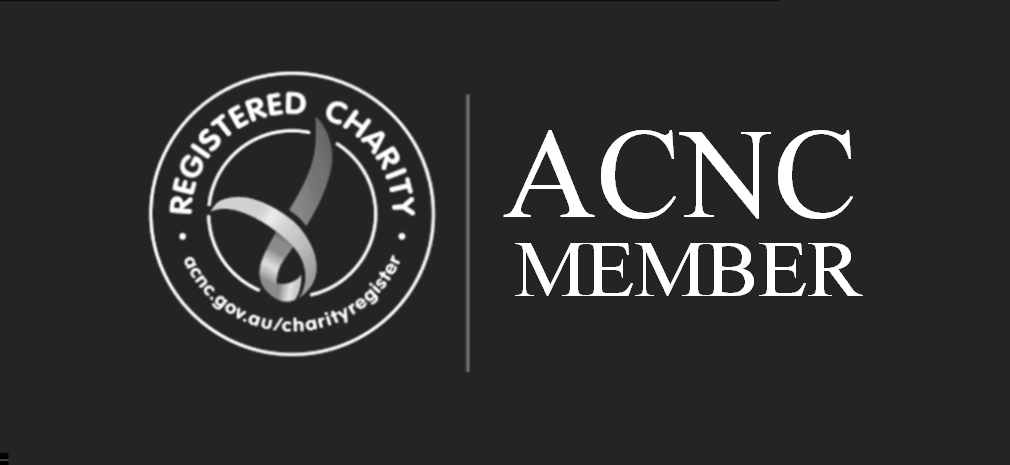.
DAISI is committed to the responsible use of social media
- Social media consists of tools such as websites and applications that allow users to create and share content and to participate in social networking. Social media may include:
- social networks, such as Yammer, Facebook and LinkedIn
- media sharing networks, such as Snapchat, Instagram, Soundcloud and YouTube
- bookmarking and content curation networks, such as Pinterest
- corporate networks, such as SharePoint and Skype
- blogging networks, such as WordPress or newshub
- micro-blogging networks, such as Twitter and Tumblr
- discussion forums, such as Whirlpool
- wikis, such as Wikipedia
- online gaming networks, such as World of Warcraft and Second Life
- sharing economy websites, such as Gumtree and Uber.
2. The term post in this policy refers to any shared or created content put on social media. This could be a post on Facebook, a message in Skype or content created and edited on Wikipedia.
How we use social media
3. We have official social media accounts that we use to share information with the public and answer general queries.
4. Only authorised staff can respond to the public on our behalf on social media. This includes responses from our official social media accounts.=
About this policy
5. As employees of DAISI staff have agreed to comply with:
- the Public Service Act 1999 (the Act)
- all internal agency policies.
6. Contractors and contract staff have also agreed to comply with our policies.
7. We base our Social Media Policy on these documents which set out the responsibilities and obligations of staff when they use social media.
8. As members of the Australian community, staff have the right to participate in public and political debate. But this is not an unlimited right.
9. Staff have responsibilities that limit their ability to participate fully in public discussions, including on social media.
10. When making public comment, staff must act in a way that does not undermine the public’s confidence in them and us to act impartially and deliver government services professionally and without bias. This applies to activities at work and during non-work hours.
11. Deciding whether to make a particular comment or post certain material online is a matter of careful judgement and common sense. It is not a simple formula. This policy sets out factors to consider when deciding if and what to post. Staff should act with caution and take into account the underlying principles of this policy.
Using social media tools at work
12. Staff use various internal social media tools such as newshub, Yammer and SharePoint. These channels all include features that enable users to create, share or engage with content or to participate in social networking.
13. These tools have their own guidelines that staff must follow. While we encourage healthy debate, we want to ensure that these networks are an open and welcoming place for all staff.
14. When accessing internal social media networks, staff must use our ICT facilities in an acceptable manner. This should not interfere with the performance of their work.
15. In addition to this, when using social media at work, staff must:
- be polite and respectful of the opinions of others at all times
- be mindful that others may not share the same sense of humour
- not use our ICT resources to provide comments to journalists, politicians or lobby groups other than in the course of official duties
- not access or engage with any material that is inappropriate or unlawful. This may include posts that are fraudulent, threatening, bullying, embarrassing, of a sexual nature, obscene, racist, sexist, defamatory or profane, whether obscured by symbols or not
- not use our ICT resources to post explicit or sexually suggestive messages
- not infringe another person’s, or our, intellectual property rights.
Personal use of social media
16. Staff have the right to participate in public and political debate. But in some cases, their responsibilities may limit their ability to participate fully in public discussions, including on social media.
17. We respect the right of staff to participate in public and political debate in their private lives. In doing so, staff must behave in a way that does not call into question their capacity to act apolitically and impartially in their work.
18. It is also important that staff do not risk our reputation with comments they make online. Staff can generally make public comment in a personal or private capacity if the comment is lawful and a reasonable person couldn’t perceive it to be:
- made on behalf of us or the Government
- affecting their ability to fulfil their duties in an impartial manner
- so harsh or extreme in its criticism or endorsement of us, the Government, a Member of Parliament from any political party, or their respective policies, that they are no longer able to work professionally, efficiently or impartially
- damaging to the integrity or reputation of us or the APS
- so strong in its criticism of our administration that it could seriously disrupt the workplace
- a gratuitous personal attack that connects them to us
- compromising public confidence in us or the APS.
19. When using social media, it is not acceptable at any time to:
- post comments or images that are obscene, offensive, threatening, harassing or discriminatory in relation to work, another staff member, a stakeholder or the APS
- create a social media page to protest policies that staff are responsible for implementing or promoting
- comment on policy matters that we’re involved with
- post inappropriate images that reference or involve us in some way. This could be photos taken of employees engaging in misconduct that breaches the APS Values or the Code, or otherwise damages our reputation
- engage in comments that breach anti-discrimination law
- release sensitive, personal or confidential information without proper authority
- use an official work email address, or anything else that connects them to us, when making public comment
- use external social media tools for business related internal communications, this excludes corporate networks such as SharePoint and Skype.
20. Staff must exercise discretion and use judgement when deciding to make public comment or participate online.
21. We encourage staff to resolve any concerns or criticisms they have about other staff members, us or the APS, through an informal discussion with a manager or by using internal dispute resolution mechanisms.
What to consider when using social media
22. When using social media, staff should:
- uphold their obligations as an APS employee, which includes, at all times, behaving in a way that upholds the integrity and reputation of us and the APS
- behave with respect and courtesy, even when disagreeing with someone or something
- stick to the issues under discussion and avoid personal attacks
- make it clear that their views are personal and not our views
- ensure that the information they post is informed and factually accurate, when commenting about us
- understand that if they like, share or comment on a post, they could be endorsing the content or author.
23. Before deciding to post something, staff also need to be mindful that:
- comments posted online are available immediately to a wide audience
- material posted online effectively lasts forever and may be copied without limit
- others may view material posted online out of context or use it for an unintended purpose
- they should not rely on a site’s security settings to protect or keep material private
- anything they post can trace back to them and identify them as our staff – they can’t rely on anonymity or a pseudonym to protect them.
24. Senior staff, particularly staff in the Senior Executive Service, need to exercise particular care because of their leadership role, and the real, or apparent, influence they may have with stakeholders. It is more likely for a reasonable person to perceive they are commenting on our behalf, even when commenting in their personal time.
Breaches of the social media policy
25. The Digital Media section monitors social media and manages our reputation online. Where necessary, Digital Media will contact staff, or their manager, to discuss their online behaviour.
26. In situations where staff’s online behaviour potentially breaches the APS Values or the Code, Digital Media will refer the issue to the Workplace Relations Branch for investigation and action.
26. We consider other factors when assessing whether social media activity is in breach of this policy. These include the nature of employment, seniority and the context within which the activity occurred.
28. When we investigate a potential breach of this policy, what staff meant to do, or how serious any breach was, is not relevant.
29. Factors of that kind may be relevant to what the appropriate sanction is if staff have breached the Code. They don’t affect the decision about whether they breached the Code.
30. For more information about breaches of the Code, staff can refer to our Conduct and Behaviour Policy on the Intranet.
More information
32. This policy is not exhaustive and it does not anticipate every possible use of social media.
32. Staff should contact their manager or the Digital Media section if they:
- aren’t sure if they should engage with social media content
- are worried about their privacy or reputation due to social media posts
- find information online they think we need to know about, including inappropriate activity on social media by other staff.
33. Staff should always make sure they provide as much information as possible, including links or screenshots.
34. We have procedures to authorise creating social media accounts to carry out our work. If staff are thinking of creating social media accounts for this purpose, contact the Digital Media section before proceeding.



